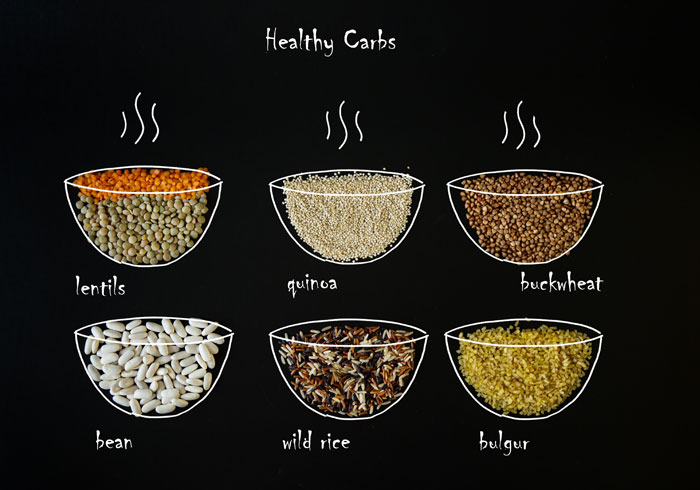What causes FCS, how you get it and the nutritional guidelines to help you to manage the symptoms.
Familial Chylomicronaemia Syndrome
People with familial chylomicronaemia syndrome have difficulty properly metabolising, or absorbing fat. This is because they lack, or have limited amounts of the enzyme lipoprotein lipase, or what enzyme they do have doesn't work.
When they eat fat, it travels around in the blood as triglycerides. These clump together as chylomicrons, causing the many symptoms and the milky white appearance of the blood that is typical of the condition.
Normal levels of triglycerides are 1.7 mmol/l, but people with FCS have very high triglycerides, often over ten times the normal level.

Blood from a patient with FCS showing the accumulation of chylomicrons.
What causes FCS
People with FCS are born with mutations on one or more of five different genes (although more are expected to be discovered):
- LPL, LMF1, APO C-II, APOA5, and GP1HBP1.
These mutations cause an absence or a deficiency of the enzyme lipoprotein lipase, or hinder its action which results in the inability to break down fat in the diet. Mutations on the LPL gene is the most prevalent among people with the condition, present in around 80% of people with FCS.
A diagnosis of FCS is usually done in a lipid clinic after the individual has failed to respond to any medication to lower triglyceride levels. Recently a scoring system has been developed to differentiate FCS from other conditions which result in high triglycerides. You can read the paper in the resource button below.
Definitive diagnosis is achieved through a genetic test ordered through a hospital consultant. The test usually involves giving consent for a sample of saliva, taken as a mouth swab, and sent to a laboratory. The result is then reported at an appointment with the consultant at a later date. This can take some time.
How do you get FCS?
FCS is an ultra-rare autosomal recessive genetic disorder present from birth. Each individual has to inherit one faulty gene from both parents. The parents could have FCS themselves or be ‘carriers’.
Carriers have one faulty gene and one functional gene and are largely unaffected. However, there is growing evidence that some carriers can have effects in later life.
FCS affects men and women equally and there seems to be no ethnic bias, however there are communities where there is a higher prevalence due to consanguineous marriage (marrying someone you are related to). In Canada there is a higher incidence in Montreal due to the founder effect when early settlers brought the gene with them and married within their small community, and in the UK where there is a higher prevalence within some South Asian communities.

80%
About 80% of patients with FCS have previously been diagnosed with lipoprotein lipase deficiency, or LPLD.
Nutritional Guidelines for FCS
A very low fat diet is recommended for people with FCS. The amount of fat that someone can eat daily varies from person to person, but the general recommendation is that people should eat less than 20g of fat per day (some have a daily limit much lower than this). Fat intake should be spaced throughout the day.
Eating a very low fat diet can lead to deficiencies in essential fatty acids and fat soluble vitamins. Regular monitoring is advised to ensure that those on a very low fat diet have a suitable intake of essential fatty acids and the vitamins A, D, E, K with supplementation given as needed.
People with FCS are recommended to limit their intake of added sugars and advised to eat complex carbohydrates such as pulses and wholegrain whilst monitoring fat intake. Complex carbohydrates take longer to digest leading to a slower rise in blood sugar levels. Whereas refined carbohydrate, such as processed cereals, white bread and white rice, can have a more rapid increase in blood sugar levels.
High intakes of added sugar and refined carbohydrates can impact on triglyceride levels. In addition, if you have diabetes, these food patterns can affect your diabetes control and together these can increase your triglyceride levels further. Over the long-term, a diet high in sugar and refined carbohydrates can also increase your risk of developing other health conditions.

Complex carbohydrates digest slowly reducing the impact on blood sugar levels
What fat can I eat?
The lack of functioning lipoprotein lipase means that people with FCS have to limit all types of fat. This includes animals fats as well as fats from vegetables, nuts, seeds, dairy or egg yolks
There is no such things as a 'good' fat for someone with FCS. The restrictions include fat from dairy, egg yolks, fruits like avocado, olives and coconut, nuts including peanut butter, seeds, legumes such as soya and chickpeas, as well as fat from animals.
Excessive fat in the diet will lead to an increase of triglyceride levels leading to a build up of chylomicrons, responsible for the many symptoms of FCS including abdominal pain and pancreatitis,
Using a clean griddle pan and without added fat is an easy way to cook very lean meat and other low fat foods with great results.
For information about what the very low fat diet can contain, visit our page Living with FCS.
MCT Oil (medium chain triglyceride)
People with FCS can use a specialist medically prescribed specially-treated oil called MCT oil (Medium Chain Triglyceride). MCT oil follows a different pathway for metabolism, which does not require the lipoprotein enzyme in the process.
Not everyone with FCS will find they are eligible to be prescribed MCT oil, it may depend on the area in which they live. MCT oil available over the counter or online may not be safe for FCS as it may contain other fats which could affect triglyceride levels. It is important to use a medical grade MCT oil and to discuss the options available with your doctor or dietitian.
MCT oil can be difficult to use as it burns easily but many people with FCS have found it a useful addition to their diet. For some it can leave an unpleasant aftertaste and cause bloating so it is recommended to introduce it gradually to the diet.
Alcohol
Doctors recommend that alcohol should be avoided by people with FCS. This is because alcohol is known to raise triglycerides and excessive alcohol use is the leading cause of pancreatitis. Alcohol also has a high sugar content and some alcohol mixers can also be high in added sugar.
Smoking
Smoking is not recommended for anybody but as it is known to raise triglyceride levels among the general population there is an extra reason for people with FCS not to smoke. Doctors recommend that people with FCS do not smoke.






